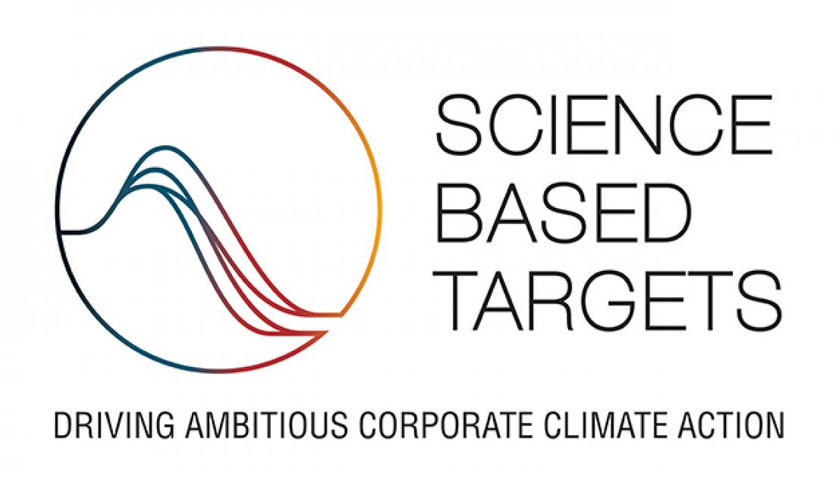A new SBTi report finds science-based targets boost business performance across four key measures of competitive advantage: strategic cohesion, stakeholder confidence, financial performance and climate impact.
Science-based targets are delivering measurable business value for companies navigating evolving regulation, investor scrutiny, and turbulent markets, according to a new global report from the Science Based Targets initiative (SBTi).
The Impact of Setting Science-Based Targets on Businesses report—drawing on a survey of 171 companies with validated targets and 22 studies—finds that 91% of companies report overall positive business impacts, particularly in strategic cohesion, stakeholder confidence, financial performance, as well as climate impact.
Sharper strategy
Eight in ten companies reported improved strategic cohesion and long-term vision after setting targets.
“Setting SBTi targets has been transformative for Lenovo,” said Ada Chávez, Lenovo’s Senior Engineer-Net-Zero Lead. “It has […] strengthen[ed] confidence among investors, customers, suppliers, and employees. Internally, it has helped us align our global teams under a clear, credible framework.”
Stronger stakeholder confidence
Almost all (95%) companies reported enhanced reputation with stakeholders, with 80% spotlighting strengthened investor relations. Independent studies highlighted in the report also indicated companies with targets experience lower stock price volatility and maintain strong margins during transition.
Financial resilience
92% reported neutral or positive impacts on long-term financial performance, with studies providing no evidence of negative gross margin or profitability impacts.
Climate ambition to action
Science-based targets are successfully translating climate ambition into measurable results, with 86% of companies reporting accelerated decarbonization.
“In 2021, we set our first science-based target,” said Emily Jackson, Senior Vice President of Sustainability at The Economist Group. “In 2024, we exceeded that target, cutting our emissions by 34% compared with our 2020 base year. We have since increased our ambition: our current near-term target is to reduce absolute emissions by 43% by 2030. Setting a science-based target has helped guide our path from ambition to action.”
Science-based targets momentum
The adoption of science-based targets continues to accelerate: the number of companies with near-term targets has doubled, and net-zero targets have tripled in just 18 months.
Today, the SBTi works with 11,000 businesses across 86 territories, representing over 40% of global market capitalization—a clear sign of business confidence.
“These results show that ambitious climate action isn’t just good for the planet—it drives competitiveness, investor confidence, and long-term growth,” said David Kennedy, Chief Executive Officer of the SBTi. “Companies now have a clear business case—in a volatile world continuing to act boldly on climate, guided by robust, science-based frameworks, secures stronger preparedness for market demands, risk management, and growth planning.”
